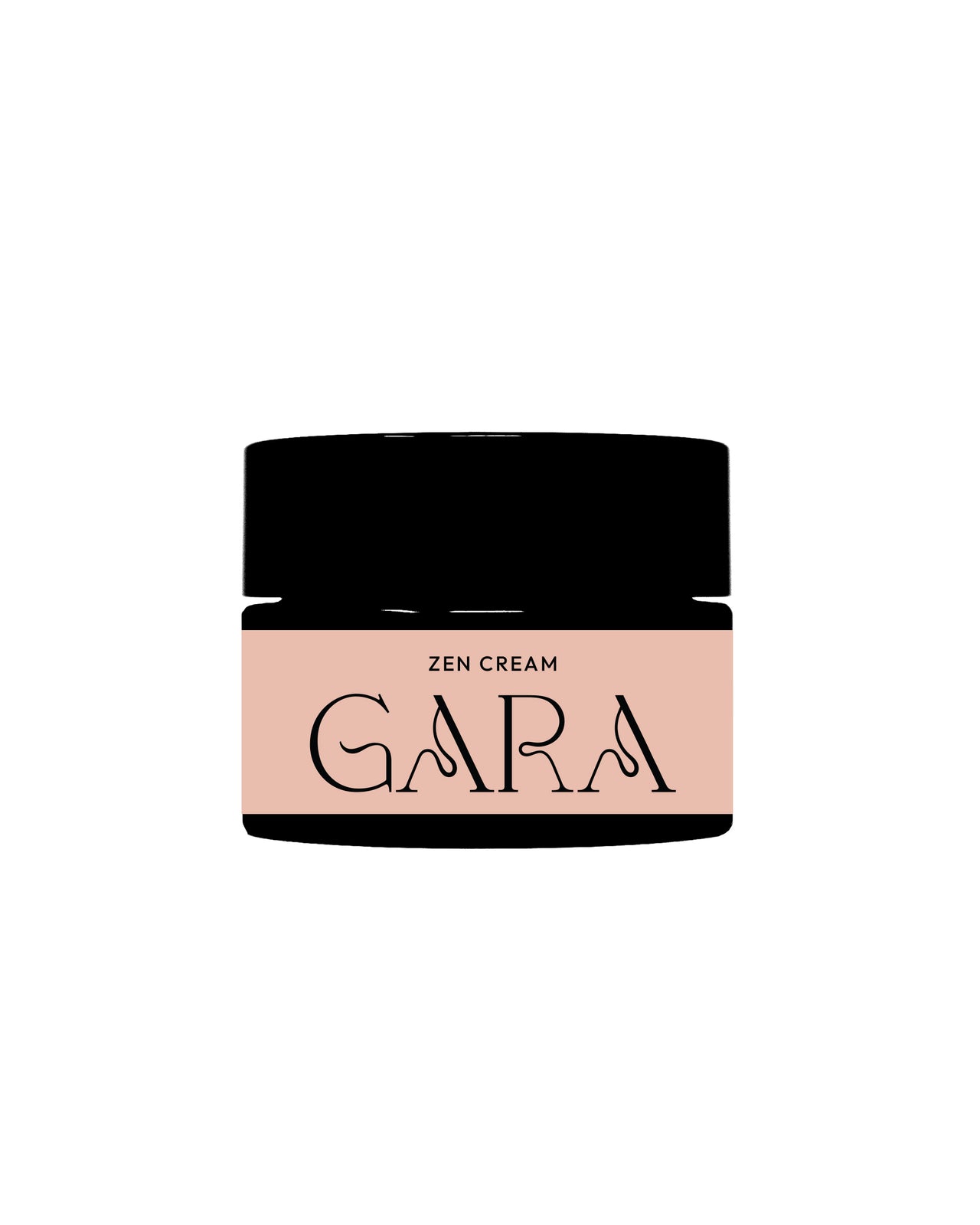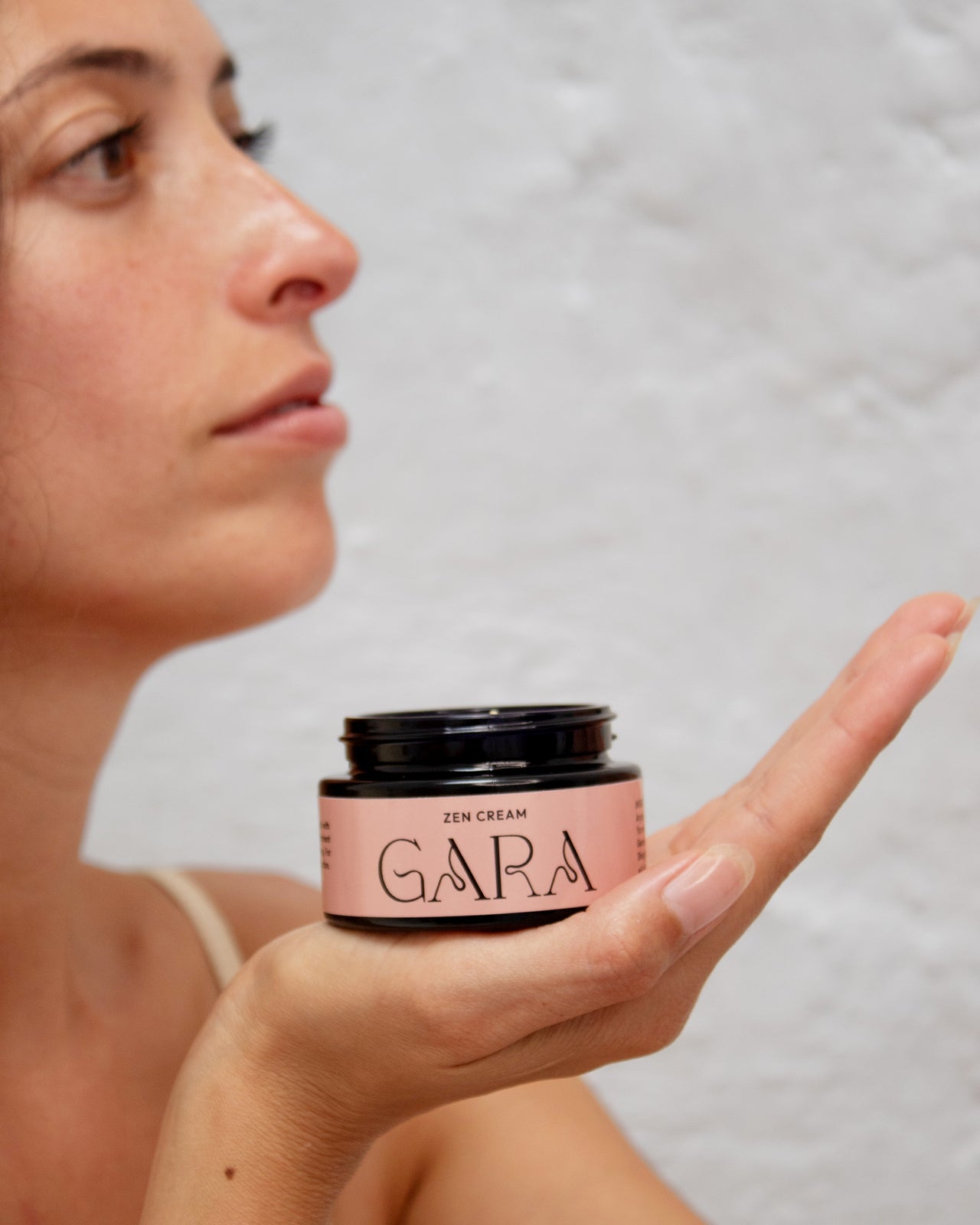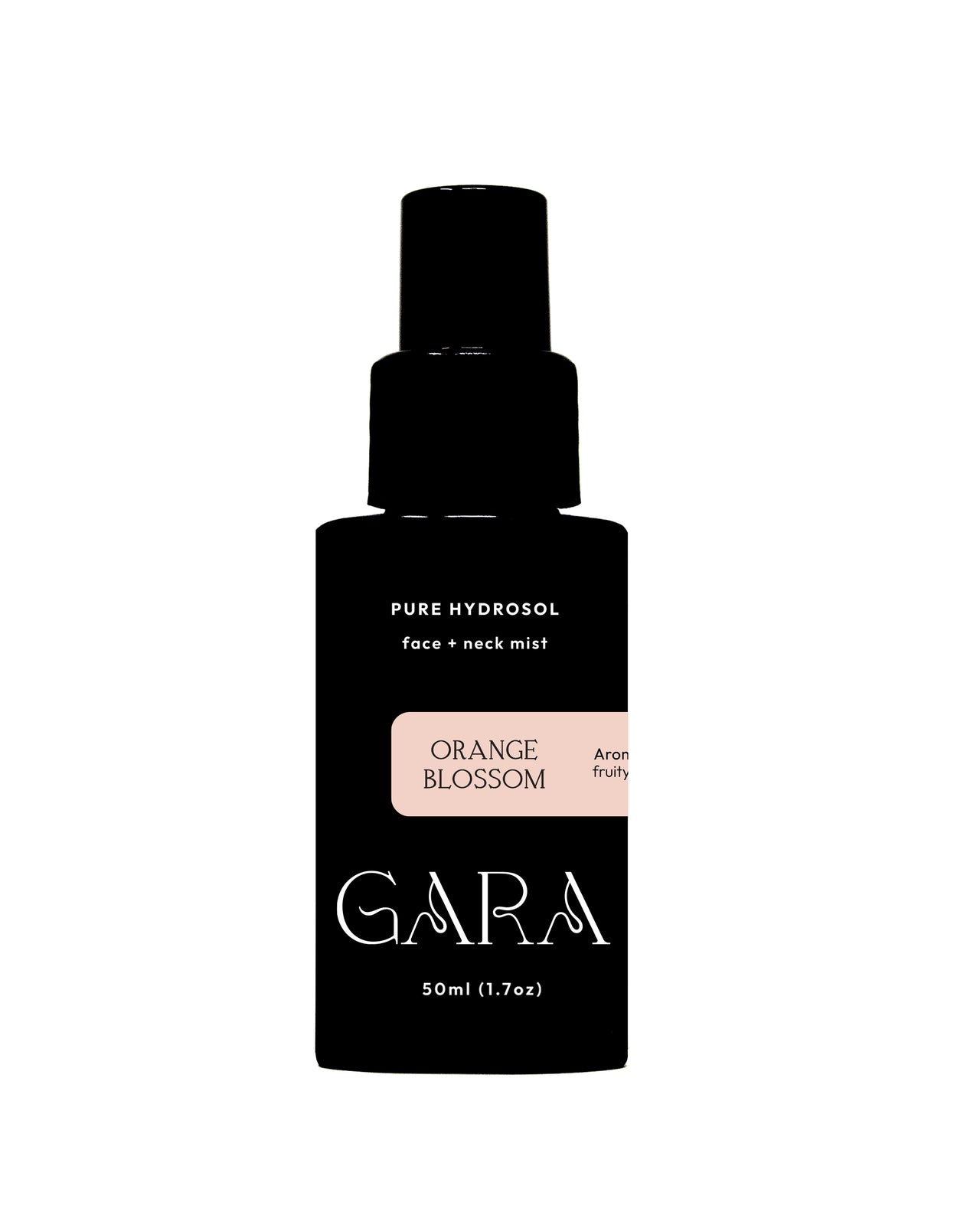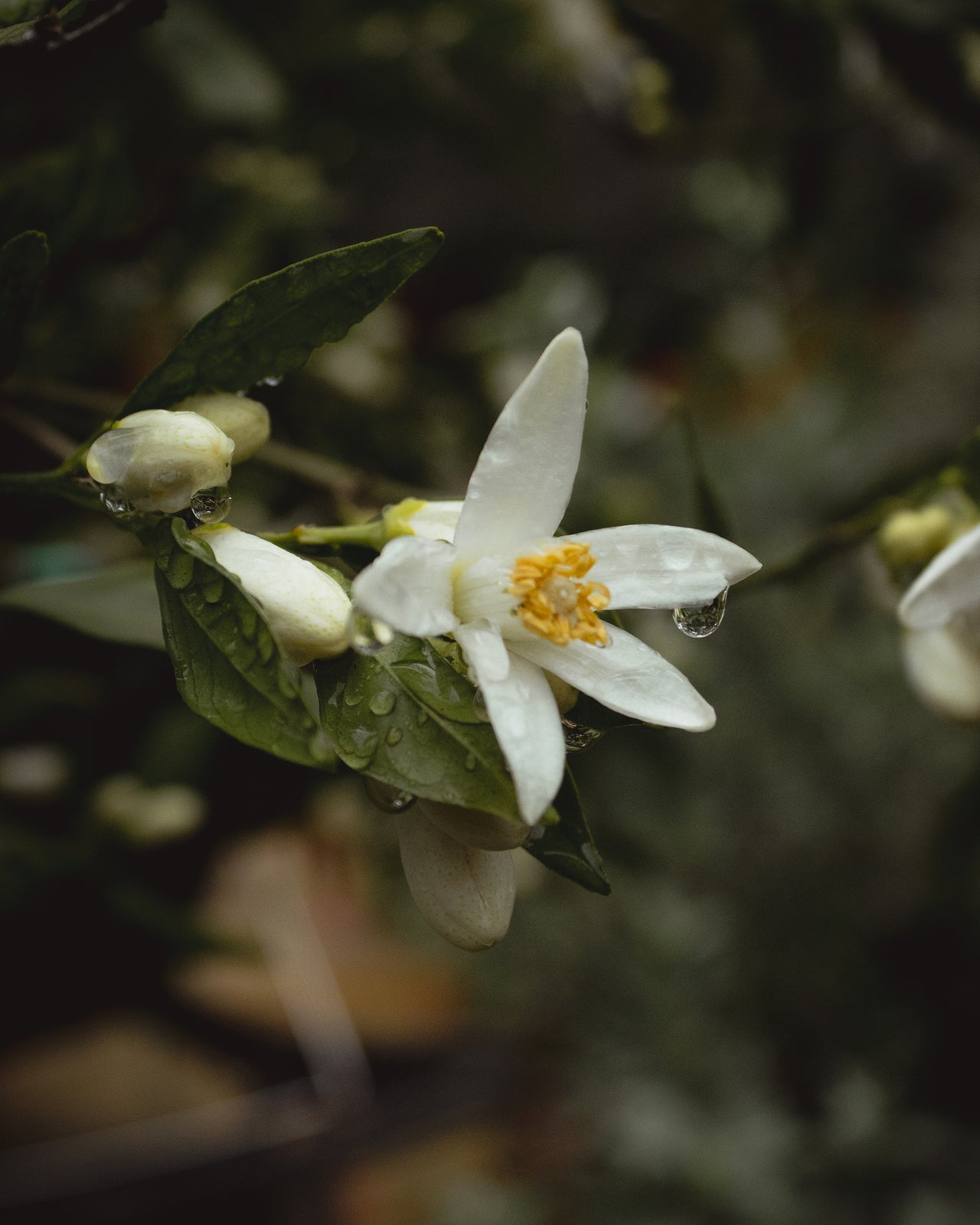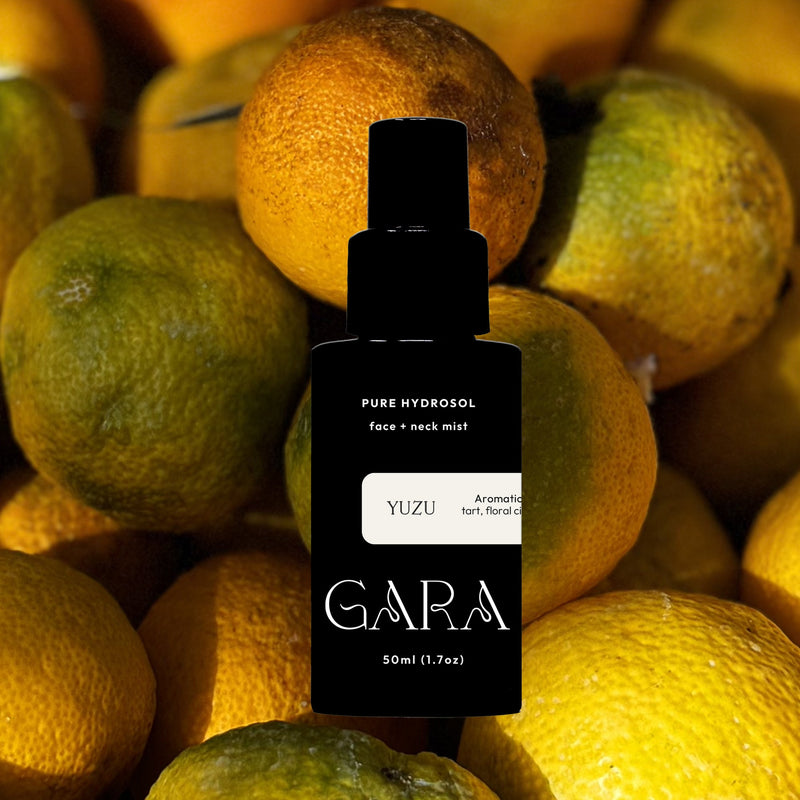This incredible plant has been used in the practice of Ayurveda for over 3000 years. Tulsi is revered as a sacred and holy herb in India and many parts of Asia. The word tulsi means “matchless one” in Sanskrit, and that it truly is. It is believed to have healing powers beyond the body and is worshiped by many. In the Hindu tradition, the plant is revered as the incarnation of the goddess Tulasi. It is custom to plant tulsi in the courtyard garden as an offering for divine protection.

In the garden, tulsi is fairly easy to grow and can be harvested all summer. Its intoxicating scent fills the morning and evening air with a sense peace and grounding. The flowers continually bloom, more with each cutting, attracting bees and insects from every corner of the garden.
The plant is rich with essential oil, emanating terpenes of eugenol, nerol, camphor, linalool, β-caryophyllene, β-elemene and a variety of other terpenes and flavonoids. Its sweet and floral, with hints of licorice and anise. I gently brush the leaves each time I’m in the garden. The scent lingers on my skin, a reminder of the reciprocal relationship we share with each other.
There are several varieties of tulsi basil, all which have similar characteristics and properties. It is generally known for its apoptogenic properties which help to enhance the body’s natural ability to regulate physical or psychological stress. In Ayurveda, it is revered as a gentle cleansing herb, promoting lightness and purity in the body. It aids digestion and helps to alleviate gas and bloating. Tulsi has also been used as a remedy for cold and flu, helping to promote cleansing in the respiratory system. There are many other health benefits that this plant contains, it truly is unlike any other herb!
After working with this plant, I can feel the sacred energy it exudes. I understand the reverence and beauty tulsi brings to the world. I am forever changed by this herb, it’s become a daily practice. We have planted it in the garden, in several pots and anywhere else it will thrive. It has medicine in its leaves, in its scent and in the beauty of its itty bitty flowers. I’m obsessed.

For this hydrosol, we distilled Ocimum tenuiflorum, also called Krishna Tulsi. It’s soft and silky, super smooth scent and taste. It boasts a classic holy basil with a hint sweet floral. The aromatic strength is strong, just a few sprays and you’re embraced by the plant.
Tulsi makes an exceptional overall hydrosol, great for all ages and skin types. Its gentle astringent properties make it an excellent choice for acne-prone skin. The scent helps to calm the mind and body, nourishing states of rest and well-being. It’s a wonderful addition to summer teas and tonics and can be used to soothe digestion woes.
We are delighted to be sharing this wonderful hydrosol with you!





